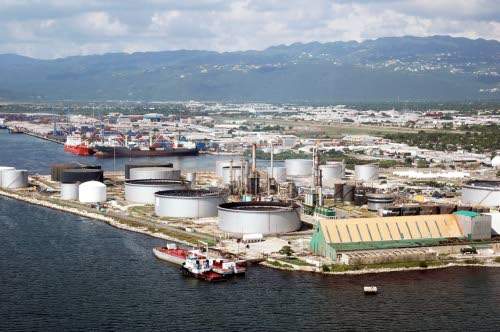In Parliament this week, newly appointed Minister Fayval Williams caused a stir when she revealed that Petrojam has lost almost US$100 million in value between 2006 and 2018. Williams reported that the same firm that had valued Petrojam in 2006 for US$126 to US$128 million, using the income approach, applied the same valuation methodology in 2018 and arrived at a value of US$34 million.
This amounts to a 71 per cent decline in value in a matter of 12 years. This is worse than any financial crisis or stock market crash, and makes the two debt exchanges after the 2008 financial crisis look like a joke. Just imagine earning $126,000 per month when you were 20 years old, and 12 years later when you are 32 years old with more responsibility and having gone through 12 years of even low inflation, you are now earning $34,000 per month. That is like being a victim of the “lottery scam” and warrants calling a state of emergency.
That is exactly how those who reacted with disbelief to the minister’s revelation must have felt. No doubt some people were saying ‘from whence does this newbie minister come with these fictitious numbers, coming like Nicodemus and the bearer of all things bad.
If one were to take a practical look at the issue, however, the truth is that the initial emotion of disbelief and shock, coming on the heels of the recent allegations of mismanagement and breaches, should give way to a realistic analysis of what the minister revealed.
I for one, when I heard the statement made, was not in any disbelief as it seems very realistic to me (without reading the report) that the valuation could easily have fallen by 70 per cent or more. Why do I say this?
First of all, the important point made by the minister was that the same valuation company, using the same valuation methodology, arrived at the revised valuations. What this means is that any one who says that the minister is not to be believed is saying at a minimum that the company is at minimum incompetent and at worst dishonest. This would imply also, that if either were true then they could have easily have fallen prey to their incompetence or dishonesty in 2006 and provided a value in excess of what the assets valued in order to get a better price for the Government at the time. So if we say that the valuation is wrong, we are really speaking to the competence or dishonesty of the valuation company.
http://www.jamaicaobserver.com/business-report/what-is-petrojam-s-real-vaue-_157773




Leave A Comment